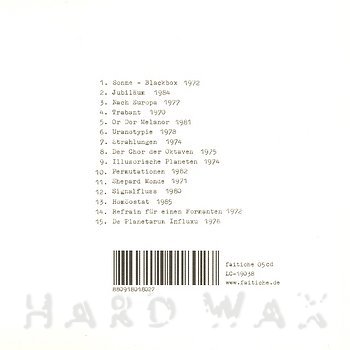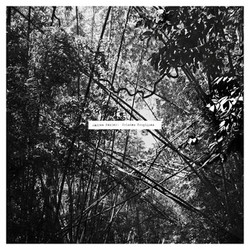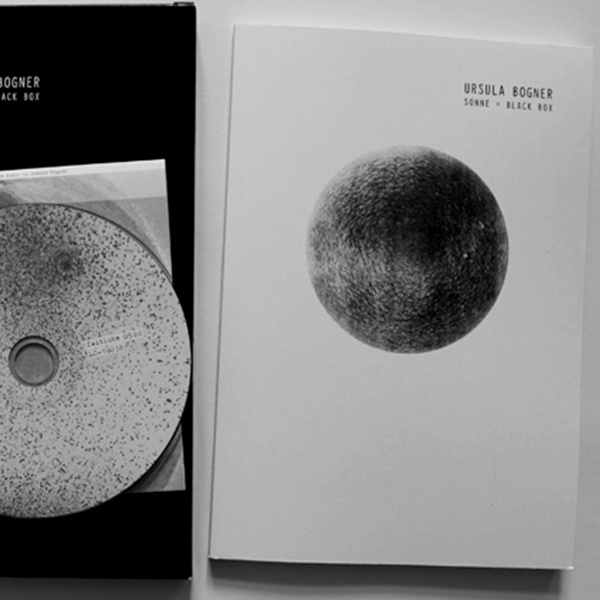Live – faitiche / berlin, germany. Faitiche / Ursula Bogner: Recordings 1969-1988. All questions to be directed to MO@MEDIA. Number 2: Ursula Bogner: Sonne = Blackbox. Don't question my authority or put me in a box. 1 point 7 months ago. I've been listening.
Ursula Bogner – Sonne = Black Box- Watch the video for Sonne = Blackbox from Ursula Bogner's Sonne = Blackbox for free, and see the artwork, lyrics and similar artists.
- Ursula Bogner / Sonne = Blackbox / CD / Electronic / 27. Use code 'THANKS3' to get FREE SHIPPING when you order any 3 items!
- From the album Sonne=Blackbox (Voice And Tape Music by Ursula Bogner).
Label: Faitiche – faitiche 05lp
Format: Vinyl, LP, Album, Limited Edition
Country: Germany
Released: 2011
Genre: Electronic
Style: Abstract, Experimental
Design [Graphikdesign] – Jens Reitemeyer
Mastered By – Kassian Troyer
Limited edition of 500 copies.

A1 Sonne = Black Box (1972)
A2 Jubiläum (1984)
A3 Nach Europa (1977)

A4 Trabant ( 1970)
A5 Or Dor Melanor (1981)

A6 Uranotypie (1978)
B1 Strahlungen (1974)
Ursula Bogner Sonne Black Boxer
B2 Der Chor Der Oktaven (1975)B3 Illusorische Planeten (1974)
Ursula Bogner Sonne = Blackbox
B4 Permutationen (1982)B5 Shepard Monde (1971)
B6 Signalfluss (1980)
B7 Homöostat (1985)
B8 Refrain Für Einen Formanten (1972)

http://boomkat.com/vinyl/457053-ursula-bogner-sonne-blackboxhttp://hardwax.com/64271/
Three years have passed since the world first learned of Ursula Bogner's work. Since then, her identity has been surrounded by rumours, her graphic work have been exhibited (CEACC, Strasbourg, France, 2011 and elsewhere) and her compositional instructions have been performed (by Mo Loschelder, Andrew Pekler, Kassian Troyer, Holger Zapf, Jan Jelinekamong others).
'Trabant', recording notes & tape reel, 1970
The release of Sonne = Blackboxbrings together all of these aspects in one CD and book: compiled by Andrew Pekler, the CD presents Bogner's early experiments with voice and tape music – a previously unknown emotional side of her music is revealed here through her singing.
The 126 page book contains, along with drawings, photos and other curiosities from Bogner's life, an introduction by Jan Jelinek, texts by Momus, Andrew Pekler, Tim Tetzner, and Bettina Kleinas well as interviews with the orgone researcher Jürgen Fischer and the ethnographer Kiwi Menrath.
Sonne = Blackboxattempts to locate Ursula Bogner, the sound experimentalist within broader cultural history. A central theme is the phenomenon of fake: how did the erroneous suspicion of fakery come about in the case of Ursula Bogner and what is a post-fake? Answers in this book.

A1 Sonne = Black Box (1972)
A2 Jubiläum (1984)
A3 Nach Europa (1977)
A4 Trabant ( 1970)
A5 Or Dor Melanor (1981)
A6 Uranotypie (1978)
B1 Strahlungen (1974)
Ursula Bogner Sonne Black Boxer
B2 Der Chor Der Oktaven (1975)B3 Illusorische Planeten (1974)
Ursula Bogner Sonne = Blackbox
B4 Permutationen (1982)B5 Shepard Monde (1971)
B6 Signalfluss (1980)
B7 Homöostat (1985)
B8 Refrain Für Einen Formanten (1972)
http://boomkat.com/vinyl/457053-ursula-bogner-sonne-blackboxhttp://hardwax.com/64271/
Three years have passed since the world first learned of Ursula Bogner's work. Since then, her identity has been surrounded by rumours, her graphic work have been exhibited (CEACC, Strasbourg, France, 2011 and elsewhere) and her compositional instructions have been performed (by Mo Loschelder, Andrew Pekler, Kassian Troyer, Holger Zapf, Jan Jelinekamong others).
'Trabant', recording notes & tape reel, 1970
The release of Sonne = Blackboxbrings together all of these aspects in one CD and book: compiled by Andrew Pekler, the CD presents Bogner's early experiments with voice and tape music – a previously unknown emotional side of her music is revealed here through her singing.
The 126 page book contains, along with drawings, photos and other curiosities from Bogner's life, an introduction by Jan Jelinek, texts by Momus, Andrew Pekler, Tim Tetzner, and Bettina Kleinas well as interviews with the orgone researcher Jürgen Fischer and the ethnographer Kiwi Menrath.
Sonne = Blackboxattempts to locate Ursula Bogner, the sound experimentalist within broader cultural history. A central theme is the phenomenon of fake: how did the erroneous suspicion of fakery come about in the case of Ursula Bogner and what is a post-fake? Answers in this book.
No Neo (Ursula Bogner, 1971)
Ursula Bogner, year unknown / Observation cupola, constructed by Ursula and Ulrich Bogner. The picture shows Ulrich Bogner and son Sebastian, taken from the journal 'Sterne und Weltall', 1977)
Ursula Bogner Sonne Black Boxer Briefs
LP with photos and images of Bogner on the sleeve (inside/out) + Liner notes by Andrew Pekler. CD/Book includes a special black box packaging. Compiled by Andrew Pekler, mastered by Kassian Troyer, graphic design byTim Tetzner. Copyright control.
Ursula Bogner Sonne Black Box Set
Filing system of index cards, 1966-1976. Keywords (Tabs): Life, Gods, Sound, Paradigm, Orgone, Outer Space, Microphonics, Sun, The cosmo-human gesture.
